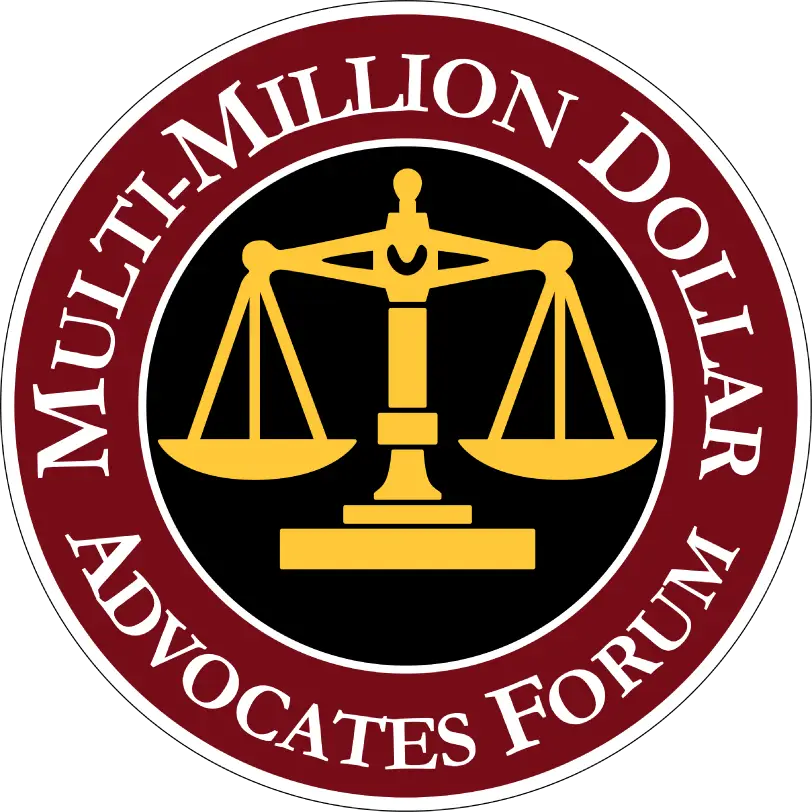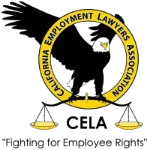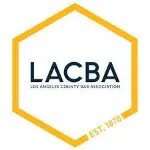Employment law covers a wide range of claims that address illegal and unethical treatment of workers. Some of the most common types of employment law claims include:
Workplace Discrimination
This includes any discriminatory behavior on the basis of race, gender, age, religion, sexual orientation, national origin, disability, or pregnancy. It is illegal under both California and federal law.
Sexual Harassment
This claim includes any unwelcome sexual advances, verbal or physical comments, jokes, or touching of a sexual nature, or a hostile environment based on sex.
Wage and Hour Violations
Employers must comply with labor laws that address topics like minimum wage, overtime pay, meal and rest breaks, and employment classification. An employer could be in violation, for example, if they require employees to show up 15 minutes before their shift, but do not allow them to clock in.
Wrongful Termination
Employees may have a wrongful termination claim if they were fired for reasons that violate public policy. For example, an employee may have been wrongfully terminated if they report illegal activities or file a workers’ compensation claim.
Retaliation
It is illegal for an employer to punish an employee for engaging in a protected activity like filing a formal complaint or participating in an investigation.
Disability Accommodation and Leave Violations
When an employer fails to provide a reasonable accommodation for employees with disabilities or denies eligible leave under the FMLA or CFRA, an employee could have a strong claim.
Our Los Angeles attorneys have the experience to handle even the most complex employment law cases.
What Laws Protect Employees?
Employees in California benefit from laws at the federal and state level that protect them. Several laws offer protection, including:
- Title VII of the Civil Rights Act of 1964 prohibits discrimination and harassment based on race, color, religion, sex, or national origin.
- The California Fair Employment and Housing Act (FEHA) is a state law that offers broader protections than federal law. It covers additional employers and includes more protected classes.
- Family and Medical Leave Act (FMLA) and California Family Rights Act (CFRA) grant certain employees unpaid, job-protected leave for certain family and medical reasons.
- Americans with Disabilities Act (ADA) requires employers to provide reasonable accommodations to qualified individuals with disabilities and prohibits discrimination based on a person’s disability.
- Fair Labor Standards Act (FLSA) and California Labor Code establish minimum wage, the framework for overtime pay, and rules around working hours and conditions.
- Age Discrimination in Employment Act (ADEA) protects workers who are at least 40 years old and older from discrimination based on age.
What Damages Can I Recover From an Employment Case?
If you believe your rights as an employee or job applicant have been violated, you could be able to recover compensation. The exact amount of damages will depend on the details of your case. Our employment lawyer in Los Angeles could help you pursue both economic damages and non-economic damages. Economic damages are quantifiable financial losses such as lost wages and benefits, lost bonuses or commissions, medical expenses if necessary, legal fees, and job search costs. Non-economic damages address intangible losses such as emotional distress, pain and suffering, damage to professional reputation, loss of enjoyment of life, and more.
Seek Guidance from Our Los Angeles Employment Attorneys

 facebook
facebook Instagram
Instagram Twitter
Twitter Linkedin
Linkedin Youtube
Youtube Tiktok
Tiktok

















